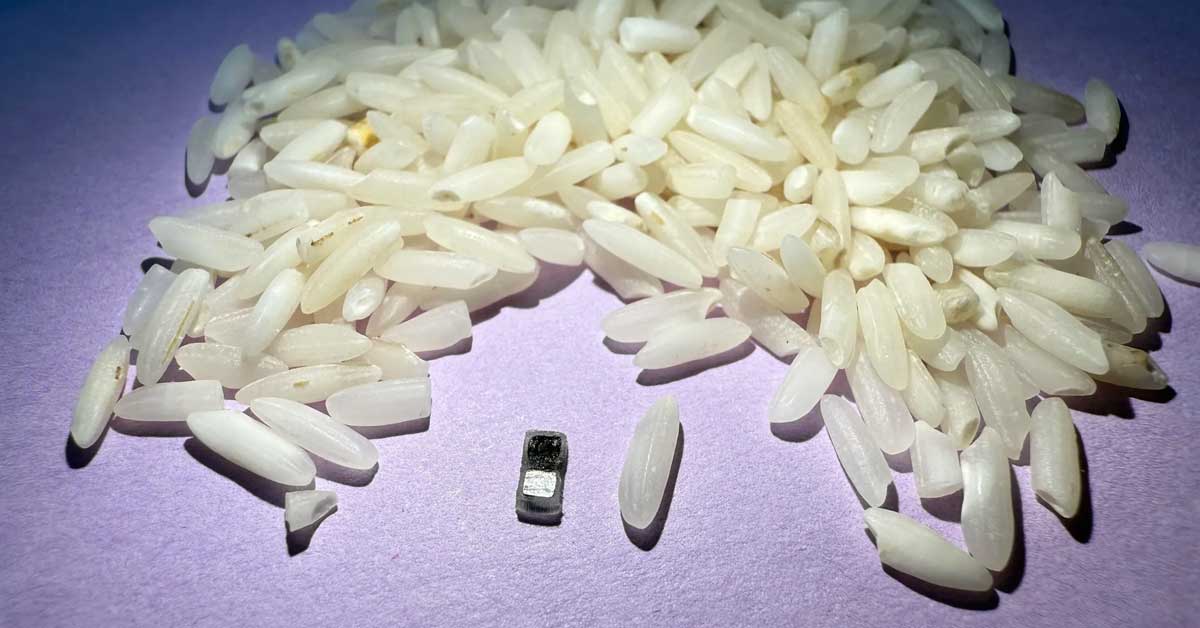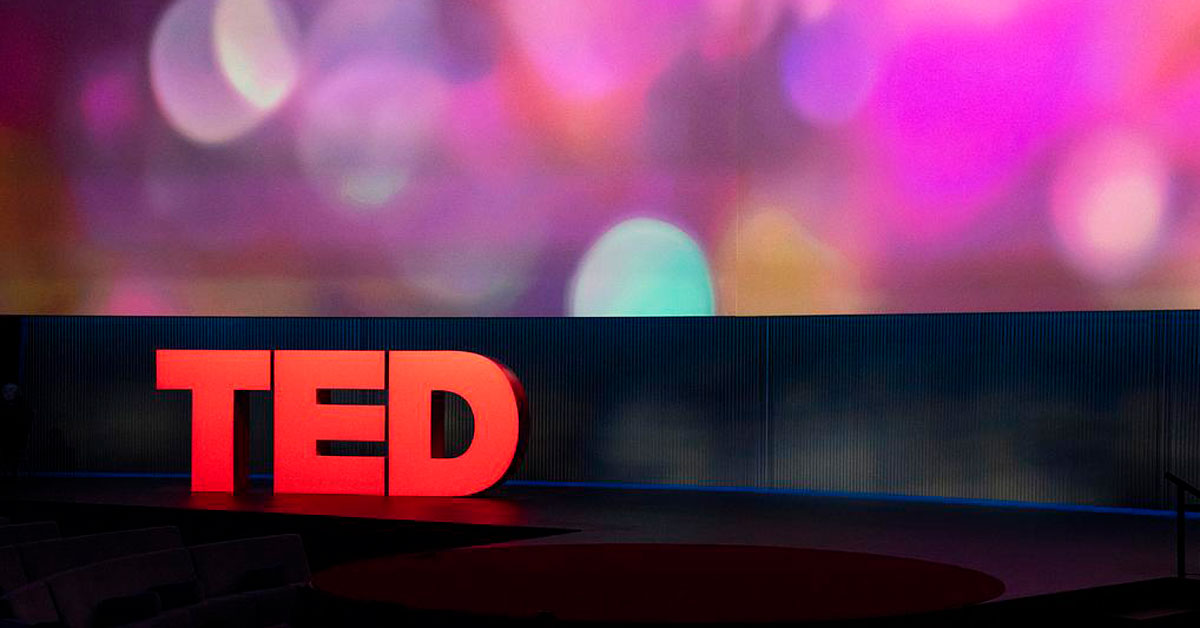You can add CEO to Bridgit Mendler’s resume.
The actress starred on hit Disney Channel shows like “Good Luck, Charlie” and “Undateable” before pursuing multiple degrees at Harvard Law and MIT. Now, she’s leading Northwood Space — a startup that will revolutionize the way we collect vital satellite data.
“The vision is a data highway between Earth and space,” Mendler told CNBC. “Space is getting easier along so many different dimensions but still the actual exercise of sending data to and from space is difficult. You have difficulty finding an access point for contacting your satellite.”

While giddy fans call Mendler a real-life Barbie doll for her many career roles, it’s important to know more about the potential of her work — especially as it relates to innovation here on earth.
Why is satellite data important to the environment?
Satellites are used for a variety of commercial and scientific purposes, but perhaps most importantly, they are used to monitor Earth’s resources and ecosystems.
From hundreds of miles away, satellites can help climate scientists monitor the ozone layer, track rising water levels, observe changing ice and permafrost conditions, and even map air quality around the world.
The latest satellite remote-sensing technology includes the collection of hyperspectral data, which can identify an object’s composition based on its interaction with light, and detect methane leaks and emissions that are invisible to other satellites.
Awais Ahmed, the CEO of Pixxel, builds satellites outfitted with hyperspectral sensors. The space tech entrepreneur said that the potential benefits are astronomical.
“Having that snapshot of the earth will help policymakers make better policy, government take faster action, and create a database to see things globally,” Ahmed told Quartz.
The boundless information that satellites can collect — on ocean health, soil moisture levels, air pollution, and more — is pivotal in climate justice efforts. The more information we collect on our ecosystems and biodiversity, the better we can protect them.
How will Mendler’s start-up revolutionize satellite data?
Mendler’s latest career developments may come as a surprise to long-time fans of her acting — and singing — career, but she has been fostering her passion for outer space for years. While attending Harvard, Mendler even served as co-president of the Harvard Space Law Society.
Post-Harvard, in the throes of the COVID-19 pandemic, Mendler began tinkering with ideas to make space data more accessible. She was joined by her husband Griffin Cleverly and software engineer Shaurya Luthra, who now serve as Northwood’s Head of Software and Chief Technology Officer, respectively.

“While everybody else was making their sourdough starters, we were building antennas out of random crap we could find at Home Depot… and receiving data from [National Oceanic and Atmospheric Administration] satellites,” Mendler told CNBC.
“For me, why the ground-side matters is because it actually is about bringing the impacts of space home to people.”
The main focus of Northwood Space’s efforts lie in fast-tracking and mass producing satellite ground stations, which will target satellites in Earth’s low orbit and optimize the bottleneck of information coming from outer space.
Their goal: improve the efficiency and availability of satellite data communication and expand access to earth-space data — which potentially includes data tracking on climate change.

Northwood Space is in good company. One of its main investors includes Andreessen Horowitz, a Silicon Valley-based venture capitalist that recently poured $4.5 million into climate tech. Other investors — like Long Journey Ventures and Founders Fund — have also backed climate-innovative technologies as well.
Later on in 2024, Northwood Space will start testing connections further out in orbit, including building potential data pathways to spacecrafts. For Mendler, Cleverly, and Luthra, the possibilities are endless.
“Cell phones freed communication from the constraints of space. The internet democratized access to information,” a mission statement on the company’s website reads.
“The way that our generation can contribute to this story is by truly blanketing the earth in connectivity through space and expanding our connection out into a new frontier.”
Header images courtesy of Alexas_Fotos from pixabay, Bridgit Mendler/LinkedIn, and adityatelang108 from pixabay



